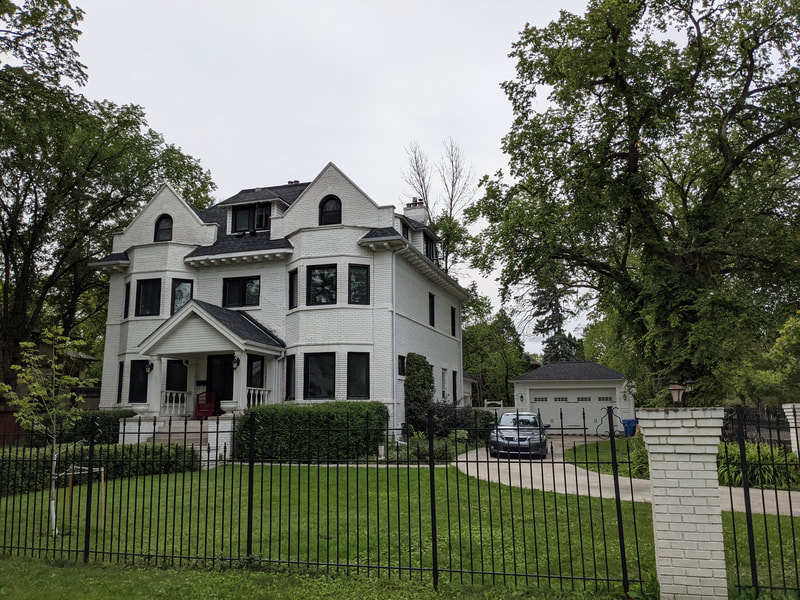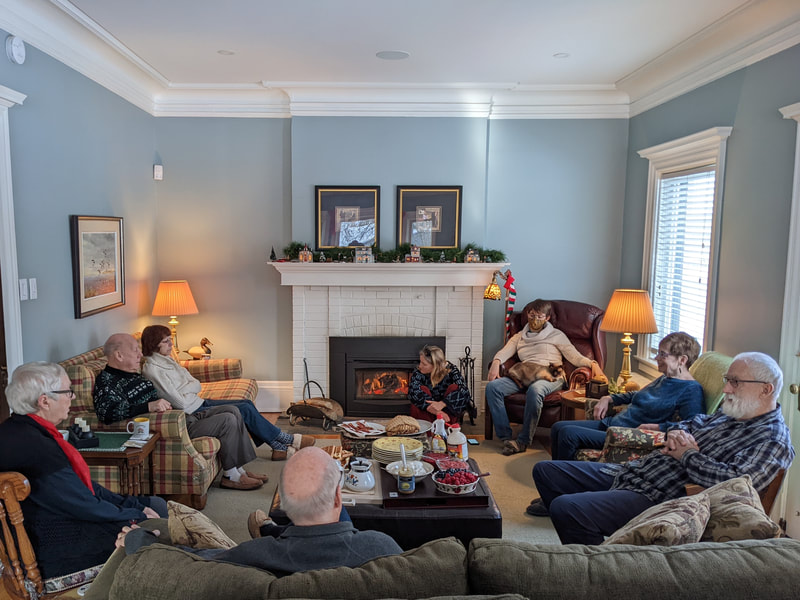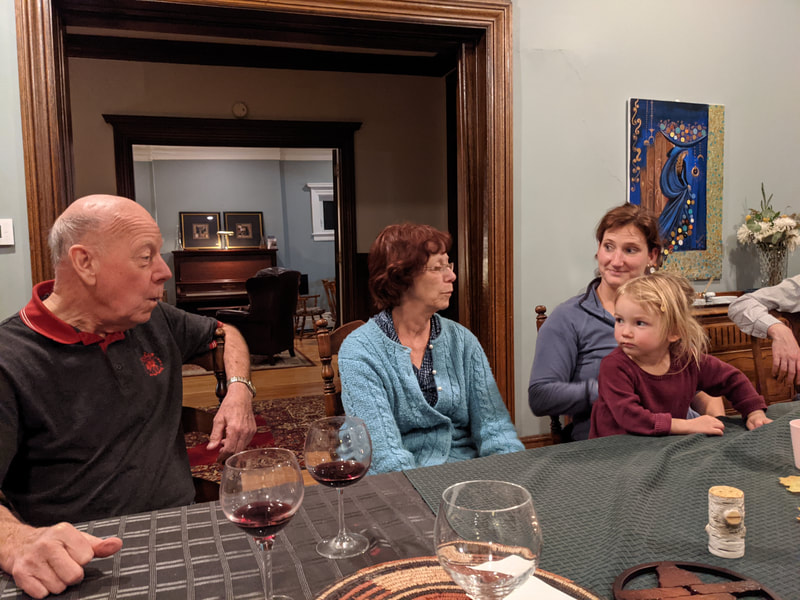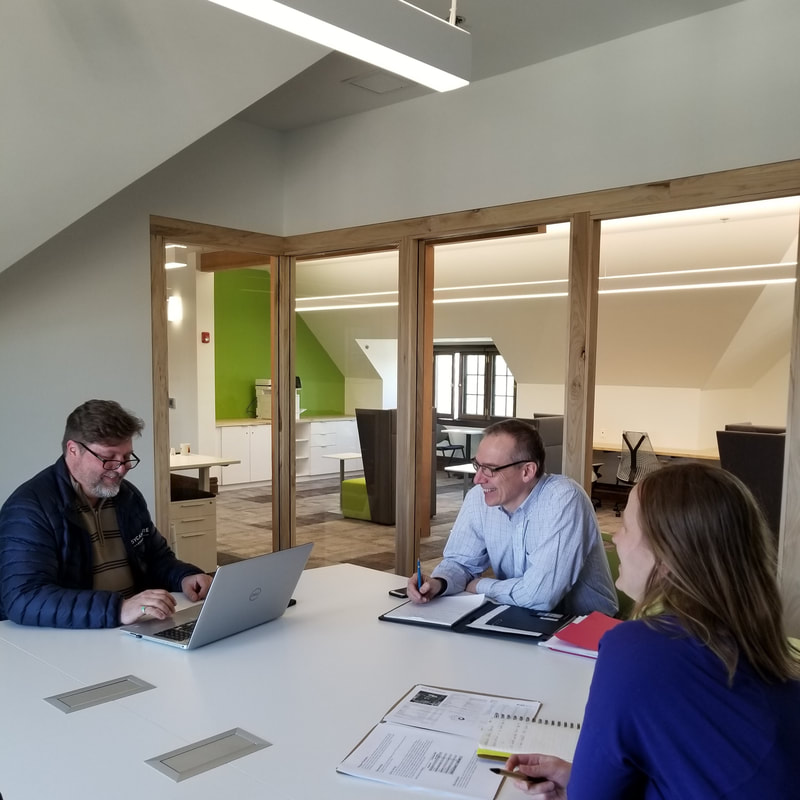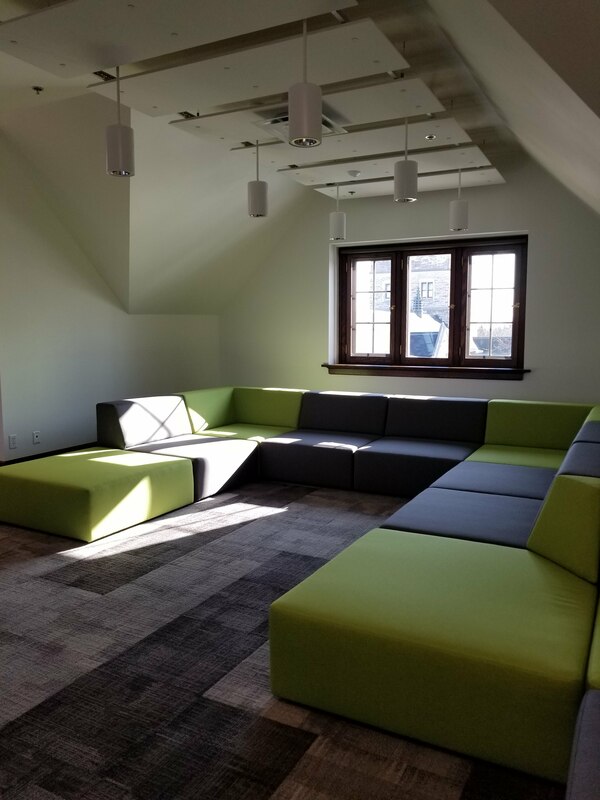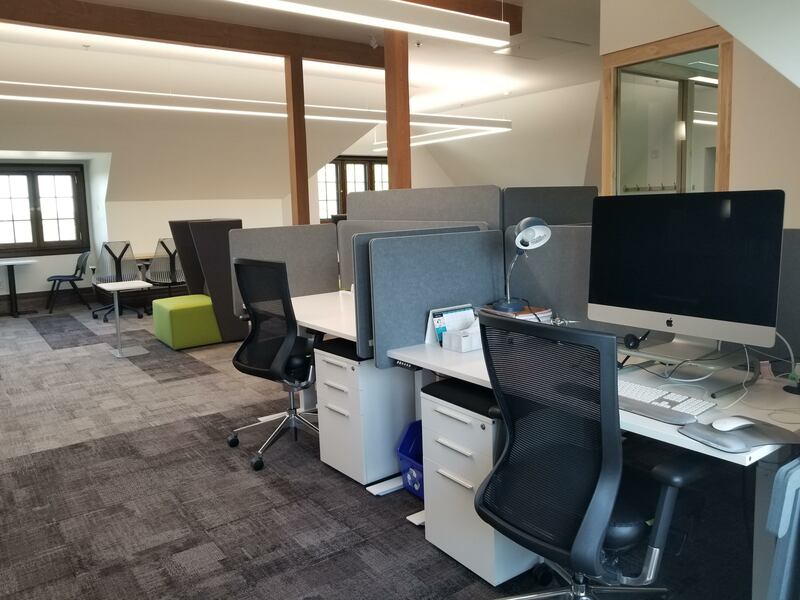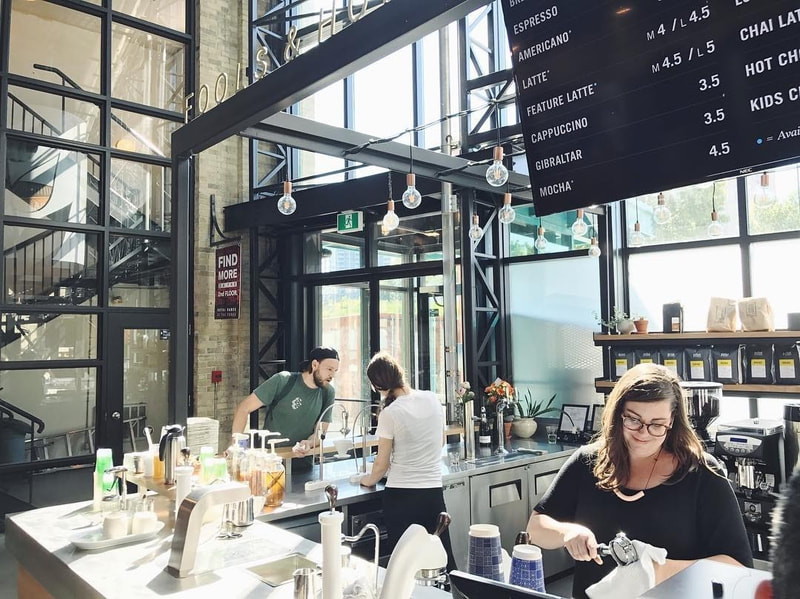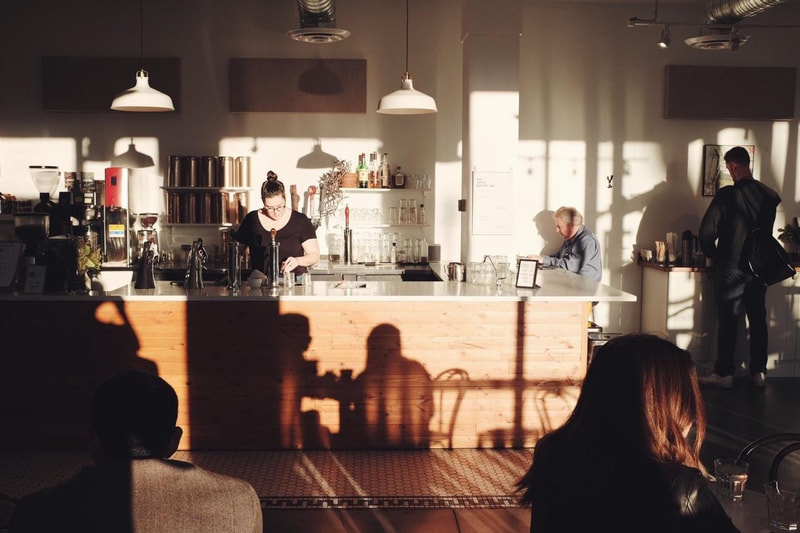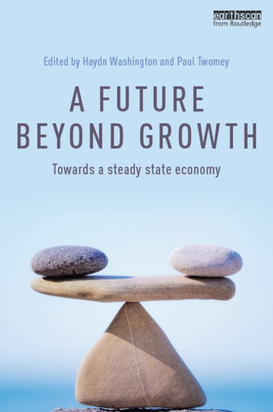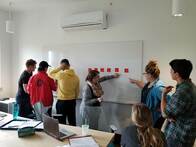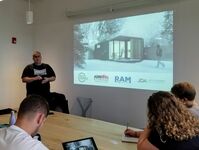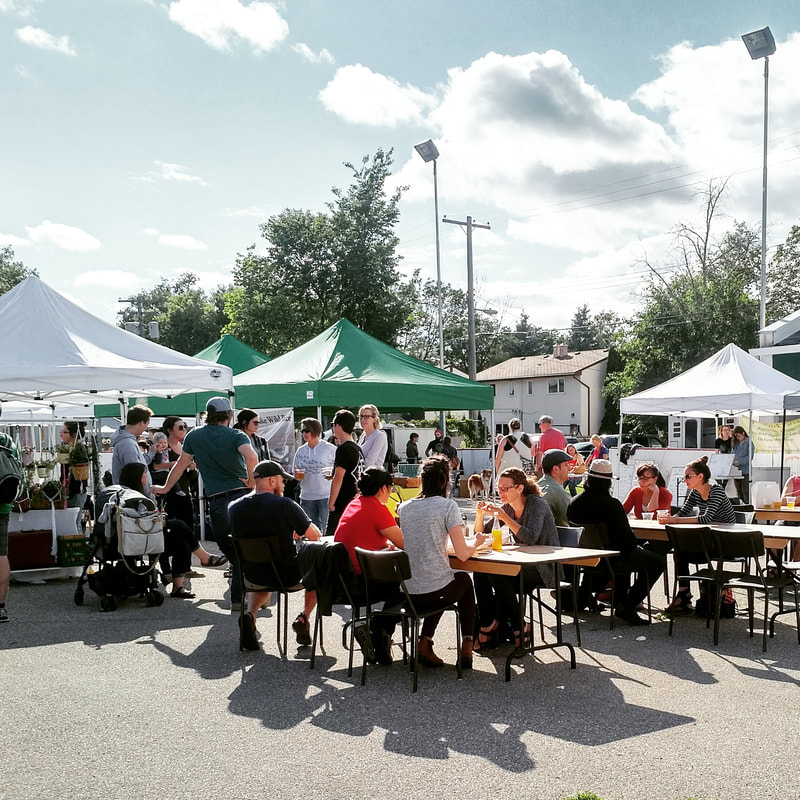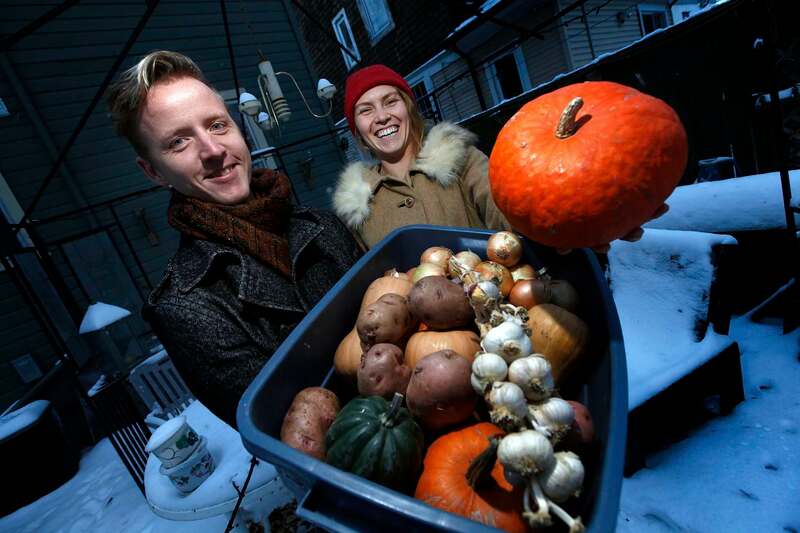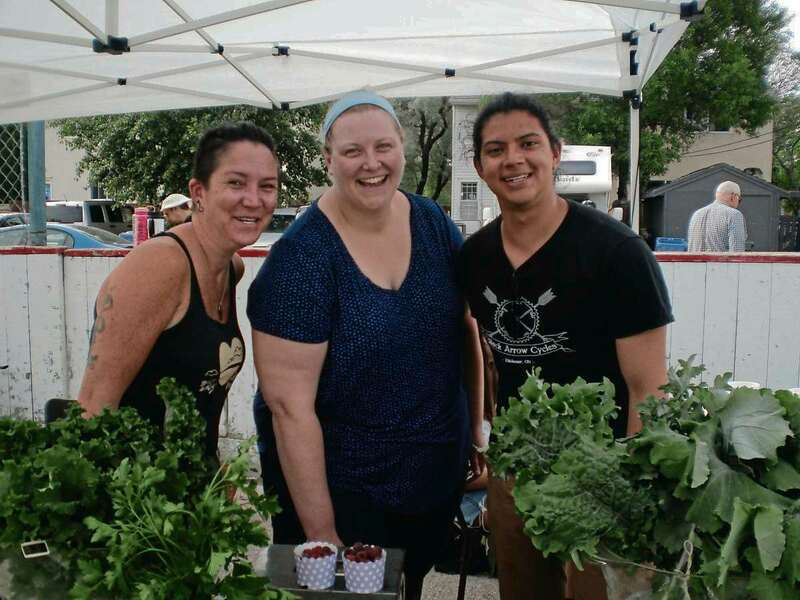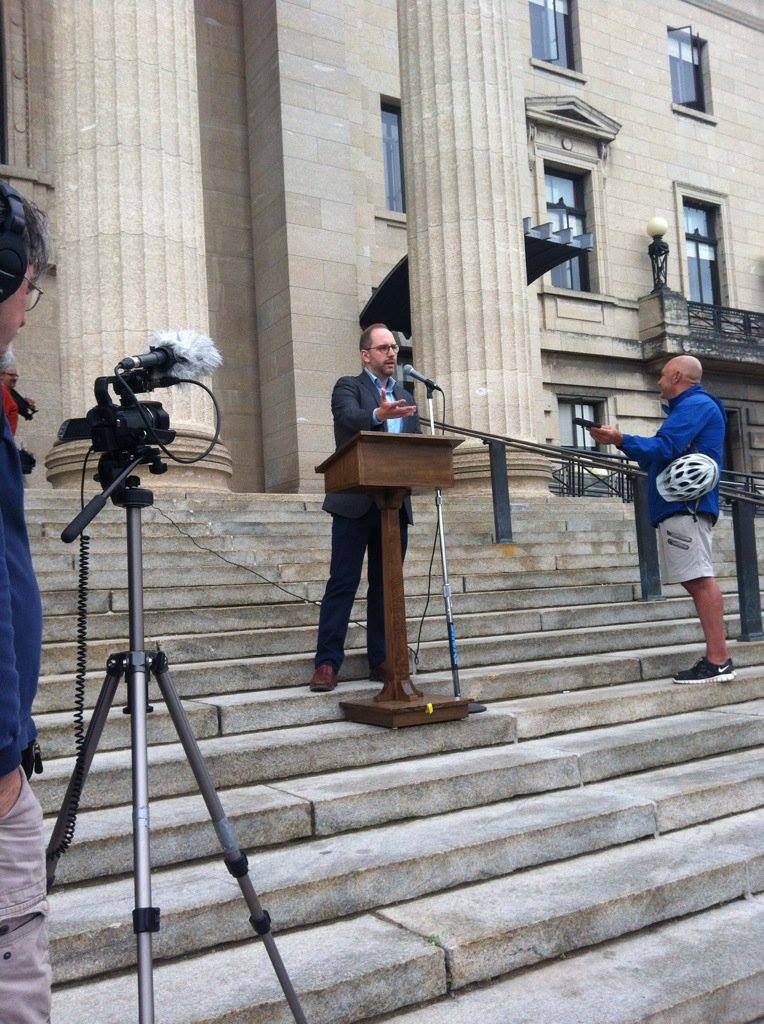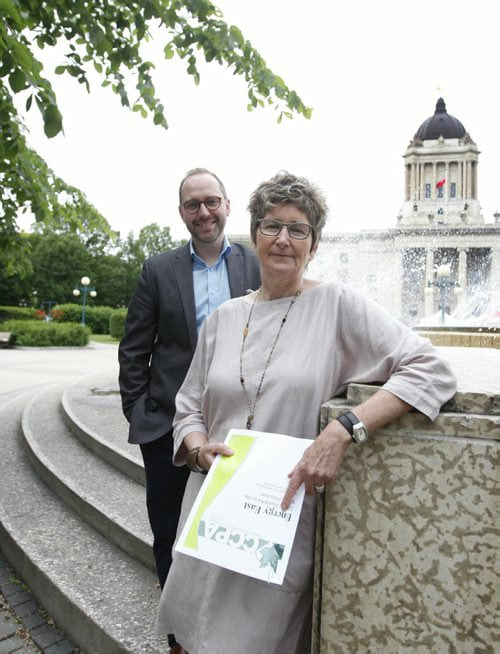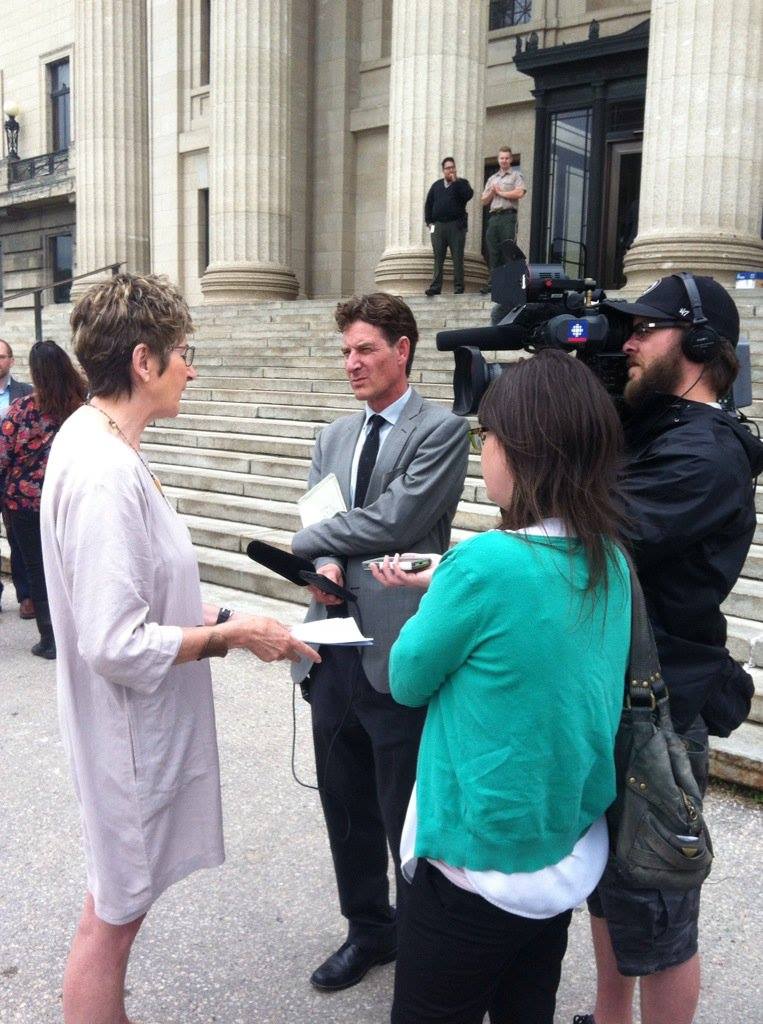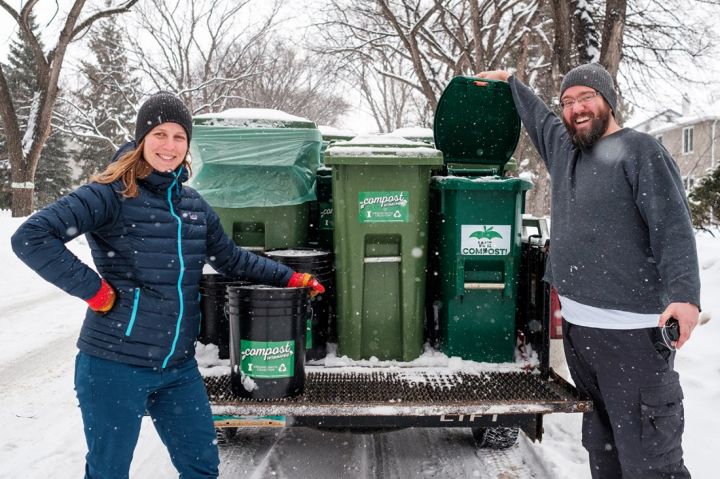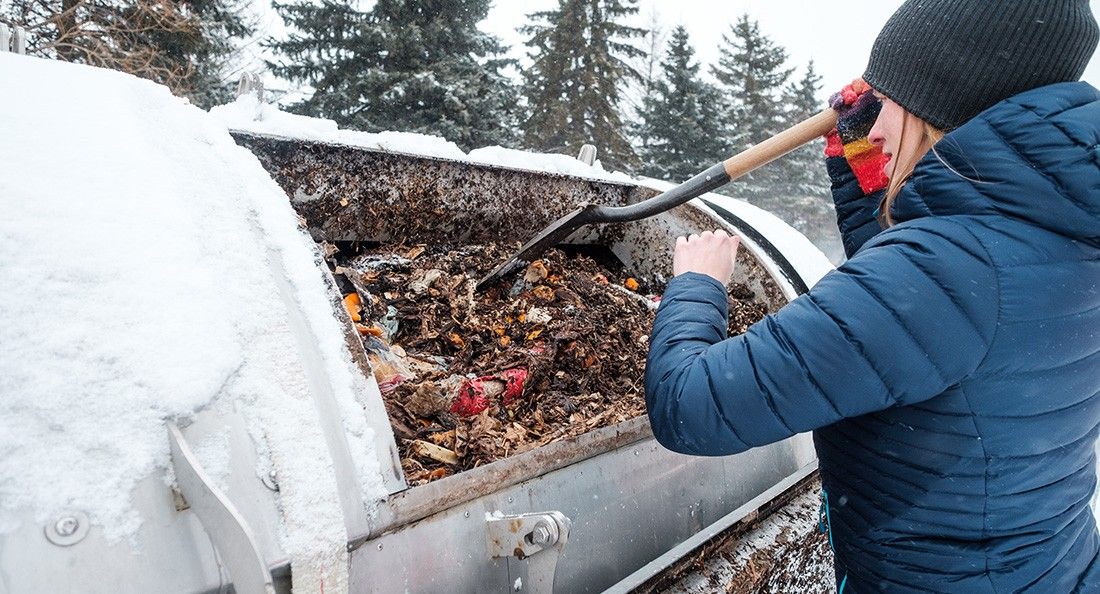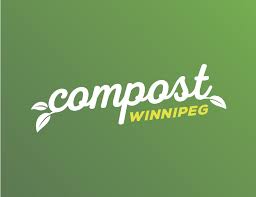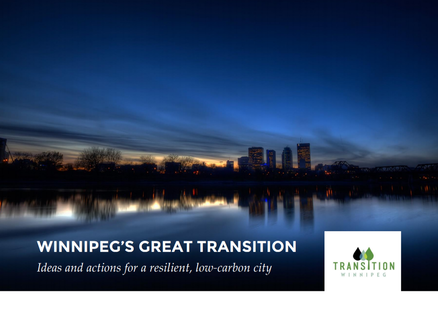PROJECT PORTFOLIO
James has participated in initiating each the projects below. Each of them involved a broad network of stakeholders and was intended to create a new precedent, produce longevity, or positively impact the community.
Co-founder // Prairie Rivers CoLiving Cooperative
Contributions: project initiator and co-founder
|
An experiment in reducing living costs, preserving old housing stock, reducing our material footprint, and undermining a bloated real estate market. The PRCC is a self-financed intentional community where neighbours know each other, kids play safely, and seniors age-in-place.
|
|
PRESS:
Director // CMU Centre for Resilience
Contributions: business development, space layout and design, program design
|
I led the design and animation of a new experiential learning hub at Canadian Mennonite University. The nascent centre hosts entrepreneurs working in design, law, architecture, land use, and a range of non-profit services. The space was designed to mitigate the pitfalls of an open coworking facility by providing a high-focus environment.
|
|
Co-founder // Fools & Horses Coffee
Contributions: business planning and development, space layout and design, branding and marketing
|
Fools + Horses started with a simple question: can a small business pay employees a living wage, minimize or eliminate waste, and improve neighbourhood vitality? As one of five co-owners, I provided leadership in a variety of capacities. The shop now has three locations.
|
|
PRESS
- Unique coffee shop is a horse of a different colour: Winnipeg Free Press
- "A Game-changer for Winnipeg" Winnipeg Free Press
- Winnipeg's downtown coffee shops become farm-fresh food pick-up spots: CBC
- Minimum Wage in Manitoba: Is it time for a change? Global
- "Fools + Horses owners to open two more coffee hot spots" Winnipeg Free Press
Chapter Author // "A Future Beyond Growth" (Routledge)
Edited by Haydn Washington and Paul Twomey
Contbribution: Author of chapter 8, "What is the steady state economy?"
Contbribution: Author of chapter 8, "What is the steady state economy?"
Description: A Future Beyond Growth explores the reason why the "endless growth economy" is fundamentally unsustainable. The book brings together some of the worlds deepest thinkers on the subject to consider how to advance towards a steady state economy. There are chapters on population; throughput and consumerism; ethics and equity; and policy for change.
|
Excerpt from Ch. 8: "As we witness the declining health of the planet and worsening social inequality, there is considerable skepticism that economic growth in high income countries will continue to transform lives for the better or deliver modest social gains like a reduction in poverty. Meanwhile, the singular pursuit of economic growth continues to exacerbate threats to human life, including climate disruption, mass extinction, and other symptoms of decline in the planet’s carrying capacity. We are facing a choice: reduce the scale of economic activity or risk irreversible ecological damage and unimaginable future costs. How can societies organize their economic affairs with the goal of improving well-being and restoring the health of the planet? The answer you get depends on who you ask. The neoclassical economist would be inclined to tell you that there have always been measurable efficiency, income, and quality of life improvements under conditions of economic growth. If the economy continues to grow, so their theory goes, ecological limits will be overcome with technological solutions and a structural shift towards a post-industrial knowledge economy. In economic jargon, this ideal trajectory is called ‘decoupling growth from material input’ or ‘dematerialization,’ as each unit of GDP requires fewer and fewer material inputs over time. Some theorists, such as Voluntary Simplicity proponent Samuel Alexander (see chapter this volume), calls this view ‘techno-optimism,’ and this issue remains the crux of the growth debate."
|
Curriculum + Course Design // Canadian Mennonite University
Contributions: created new social entrepreneurship major within Bachelor of Business Administration;
revised the Political Studies program and serve as Chair
designed original courses with an emphasis on problem-based and experiential learning
revised the Political Studies program and serve as Chair
designed original courses with an emphasis on problem-based and experiential learning
|
Original course design (click for syllabi):
In addition to the following (click for course menu):
|
Student Pecha Kucha presentations for the Social Innovation Lab.
|
Co-founder // Fireweed Food Co-op
Contributions: project initiator and board member, business planning and execution
|
The Fireweed (formerly Farm Fresh Food Hub) Co-op was initiated to connect buyers and sellers of local, sustainably produced food. Initiatives include a farmers' market and a winter community supported (CSA) vegetable box. The co-op is studying the viability of a permanent market.
|
|
Economic Analysis // Canadian Centre for Policy Alternatives
Contributions: co-author and spokesperson for CCPA cost-benefit study of the Energy East Pipeline in Manitoba
|
This report, published by the CCPA in 2016, analyzes how the Energy East pipeline would cost Manitoba more than it would earn. In our analysis, the price of oil would to double (and stay there for a decade or more) in order for the line to prove economic viability. Two years later, the pipeline was cancelled due to depressed oil prices.
|
|
PRESS:
- Province must invest more in alternative energy: Winnipeg Free Press
Business Development // Compost Winnipeg
Contributions: start-up business development and ongoing strategic advice
|
I was assigned to help find a business opportunity that would both reduce ecological impact and also provide a new stream of revenue for the Green Action Centre, a Winnipeg-based non-profit. Compost Winnipeg now operates as one of the city's only compost pick-up services. I continue to work on CW's business development in conjunction with CMU's Centre for Resilience.
|
|
Editor and Lead Author // Transition Winnipeg EDAP
Role: lead author, editor, and convenor of Transition Winnipeg's Energy Descent Action Plan
Description: In "Winnipeg's Great Transition: Ideas and actions for a resilient, low-carbon city," Transition Winnipeg consulted a range of local subject matter experts to synthesize a low-carbon vision for Winnipeg. I designed and edited the document, web presence, and contributed to the campaign.
|
Excerpt: "We still plan our neighbourhoods according to the notion that most folks want to own a car, need to travel great distances to get to work, have no time to grow food, are able to service a large mortgage, and desire little interaction with their neighbours. Not only is this unsustainable, these premises are also frequently at odds with the needs and desires of city residents. The city’s infrastructure deficit – the amount of money required to repair and upgrade roads, sewers, and other public property – is the highest per capita deficit in the country, and expected to worsen within ten years. These estimates do not consider the impacts of climate change, which will put further pressure on our city budget. If we can’t afford what we have, we certainly can’t afford to grow our city’s footprint. Transition Winnipeg is promoting a vision of a socially, ecologically and financially resilient urban environment."
|
PRESS
